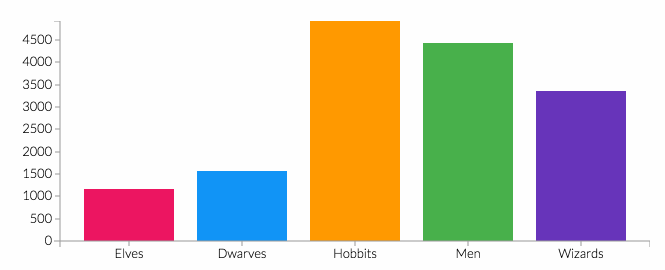IMPLEMENTASI KEBIJAKAN PENDIDIKAN DALAM MENGATASI LOSS LEARNING PASCA PANDEMI COVID-19
DOI:
https://doi.org/10.33853/jiebar.v3i2.548Keywords:
Online Learning, Covid-19 pandemic, Loos LearningAbstract
The Covid-19 pandemic, which has hit the whole world, including Indonesia, has created new challenges for society, especially in the education sector. The most obvious change in the world of Indonesian education is learning, which starts from face-to-face and switches to distance learning (PJJ). The effectiveness of teaching and learning also decreased the number of study hours. The sudden change amid all the limitations makes the tension in education in Indonesia even more visible. And after 2 years of being hit by the Covid-19 pandemic, people's social activities are starting to return to normal, including the world of education. All educational institutions are gradually rearranging learning policies towards normal conditions as before the Covid-19 pandemic, but it is unavoidable that changes towards a new direction or called the new normal bring back the fact that Indonesia is currently experiencing a loss of learning. The purpose of this research is to examine what policies have been implemented to overcome the loss of learning after the Covid-19 pandemic. This research method uses a literature review by collecting data from studies that have been conducted and taken from various sources. With the learning lag due to the Covid-19 PANDEMIC, it is necessary to implement policies to overcome this so that loss of learning does not worsen the situation in Indonesian education. the government and educators have tried their best to prevent the loss of learning from taking too long. it would be nice if the effort to restore the enthusiasm for learning was supported by the parents of the students to create a comfortable environment so that the students were able to overcome the material that was previously left behind so that the enthusiasm of the students was able to return to its original state. All education sectors are expected to work well together in implementing policies to correct learning lags.References
Aditomo, Anindito. dkk. (2022). Kurikulum untuk Pemulihan Pembelajaran. Pusat Kurikulum dan Pembelajaran. Badan Standar, Kurikulum, dan Asesmen Pendidikan Kementerian Pendidikan, Kebudayaan, Riset, dan Teknologi: Jakarta
Alwi, dkk. (2021). Perencanaan Pendidikan Pasca Pandemi Covid-19 di MTs Jam’iyah Mahmudiyah Tanjung Pura. Universitas Islam Negeri Sumatera Utara, Indonesia.
Cerelia, Jesslyn, dkk. (2021). Learning Loss Akibat Pembelajaran Jarak Jauh Selama Pandemi Covid-19 Di Indonesia. Issn Cetak : 2087-2590 Issn Online: 2599-2546.
Ilham, dkk. (2020). Implementasi Kebijakan Pendidikan. Volume 4 Nomor 2, Desember 2021 P-2655-710x E-Issn 2655-6022
Kusumaningtyas, dkk. (2022). Blended Learning: Solusi Mengatasi Learning Loss dalam Pembelajaran. Vol. 7 No. 2 P-Issn: 2527-967x E-Issn: 2549-2845.
Matunde, Yusuf. (2022). Arah Implementasi Kebijakan Pendidikan Pasca Pandemi Covid-19 di Kabupaten Halmahera Utar. Tlutuh Sawo: Jurnal Ilmiah Pendidikan dan Humaniora Vol. 6, No. 3.
Mazulfah, dkk. (2020). Implementasi Arah Kebijakan dan Penyelenggaraan Pendidikan di Indonesia Pasca Pandemi Covid 19. Issn: 2686 640.
Nuriyana, Yuliana. (2018). Penerapan Metode Self-Directed Learning dalam Meningkatkan Kompetensi Mahasiswa Keperawatan : A Literature Review. Universitas Muhammadiyah Yogyakarta.
Nur, Zulfikar. (2022). Efektivitas Pembelajaran Pasca Pandemi Covid-19 di MTs Negeri 1 Makassar. Volume 8 Nomor 1.
Pratiwi, Zahira. (2022, November 6). Learning Loss sebagai Tantangan Pendidikan Pasca Pandemi. https://Www.Kompasiana.Com/Nadirazahira6918/63612dfc08a8b52385408232/Learning-Loss-Sebagai-Tantangan-Pendidikan-Pasca-Pandemi Diakses Pada Selasa, 21 Desember 2022.
Salsabila, dkk. (2022). Strategi Guru dalam Mengatasi Learning Loss Akibat Pembelajaran Jarak Jauh di SMA Negeri 1 Ngemplak Boyolali. Vol. 7. No. 3 September 2022 P-Issn: 2548-5555 E-Issn: 2656-6745.










